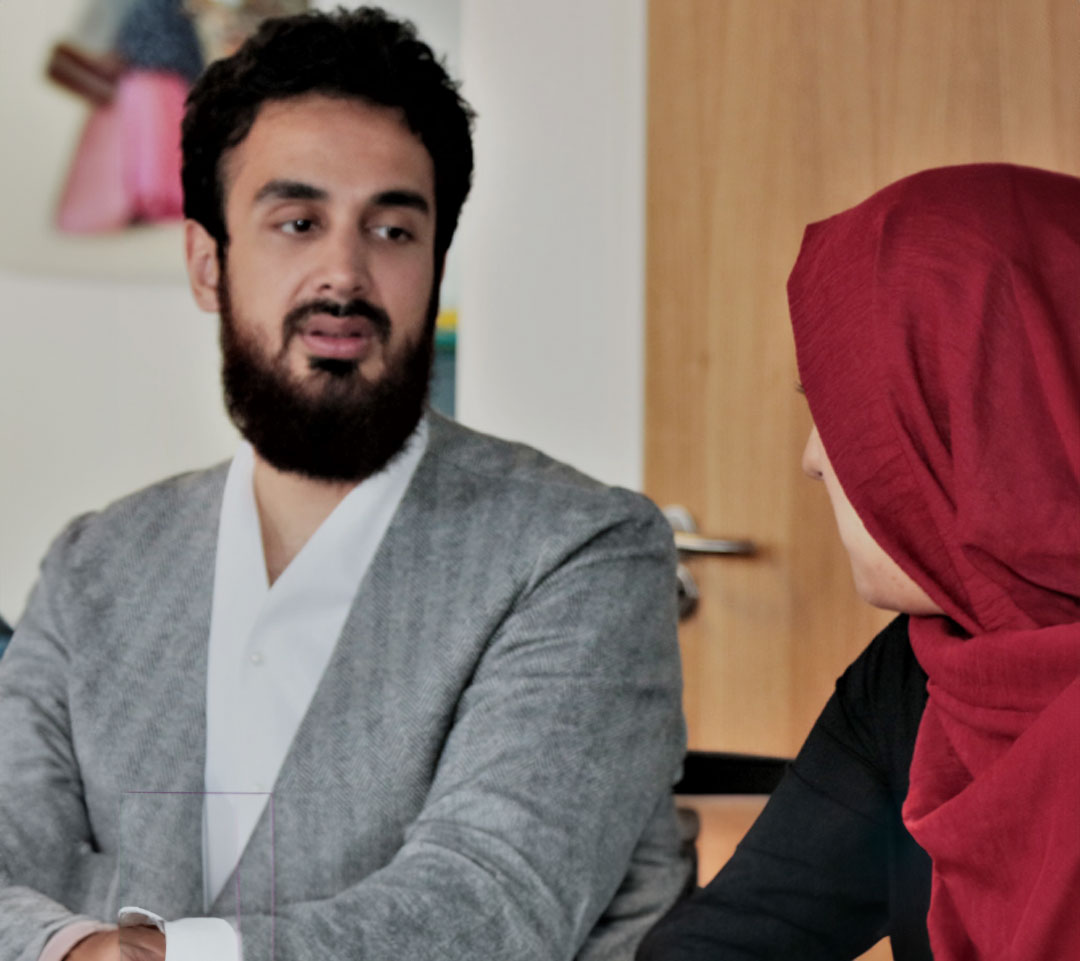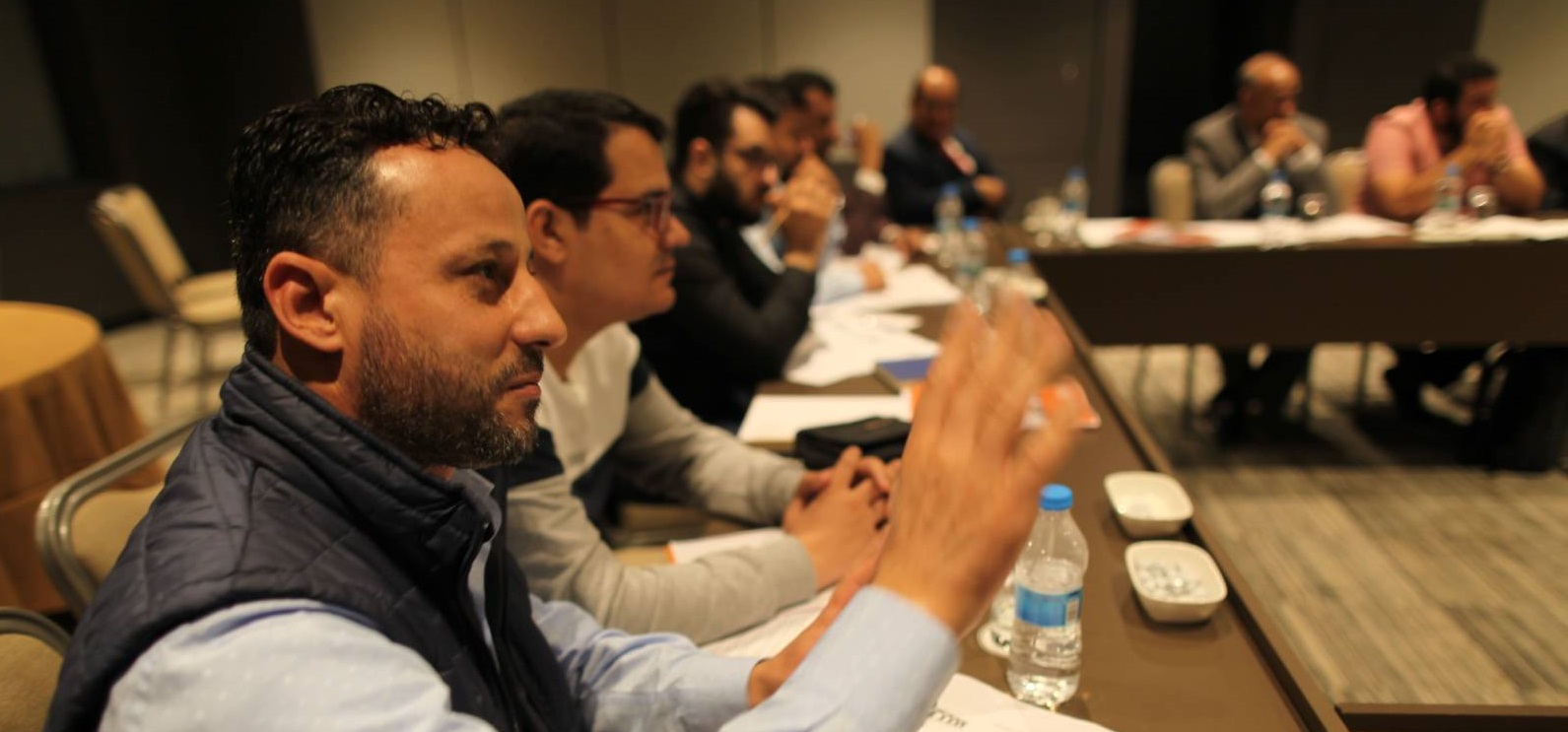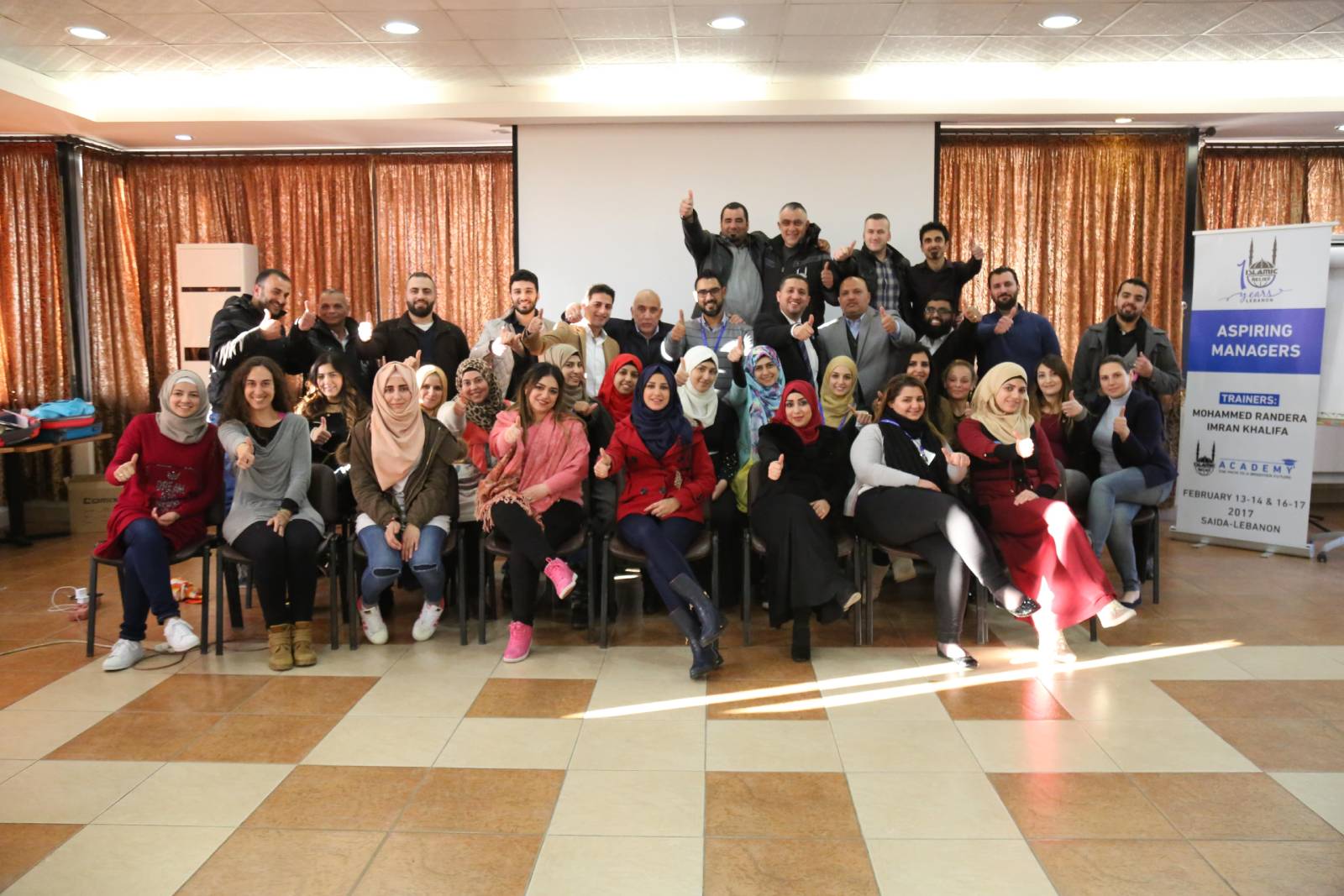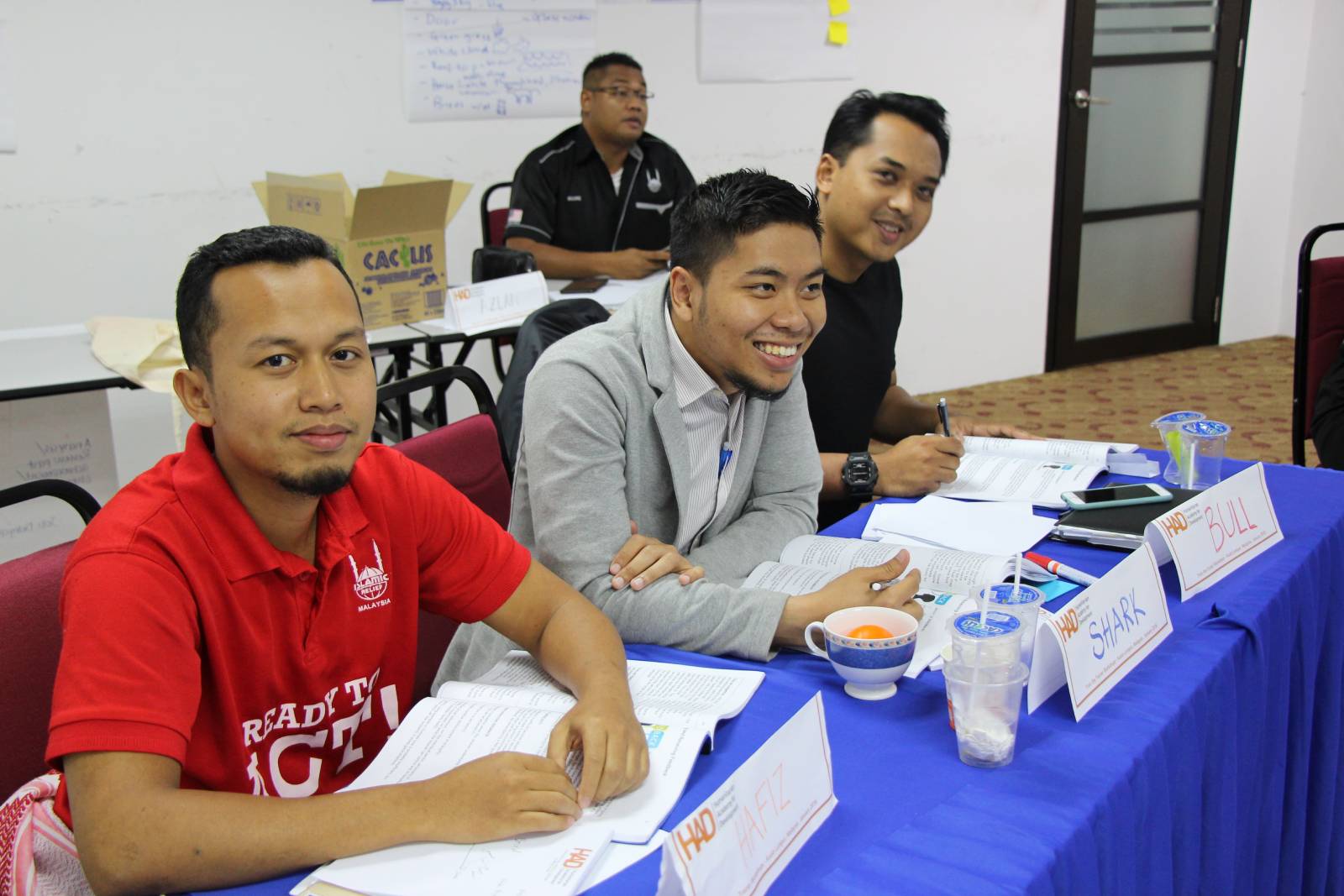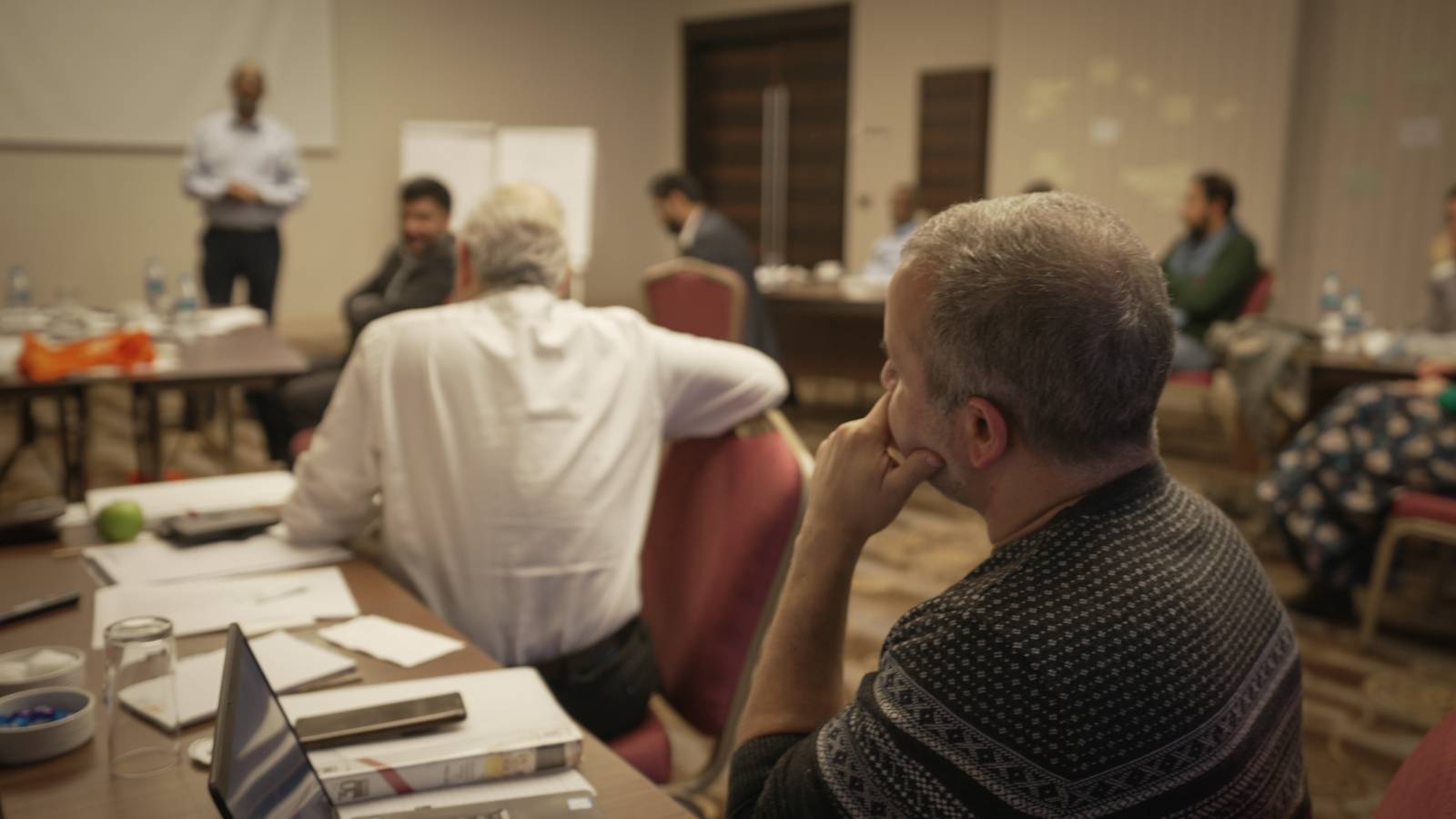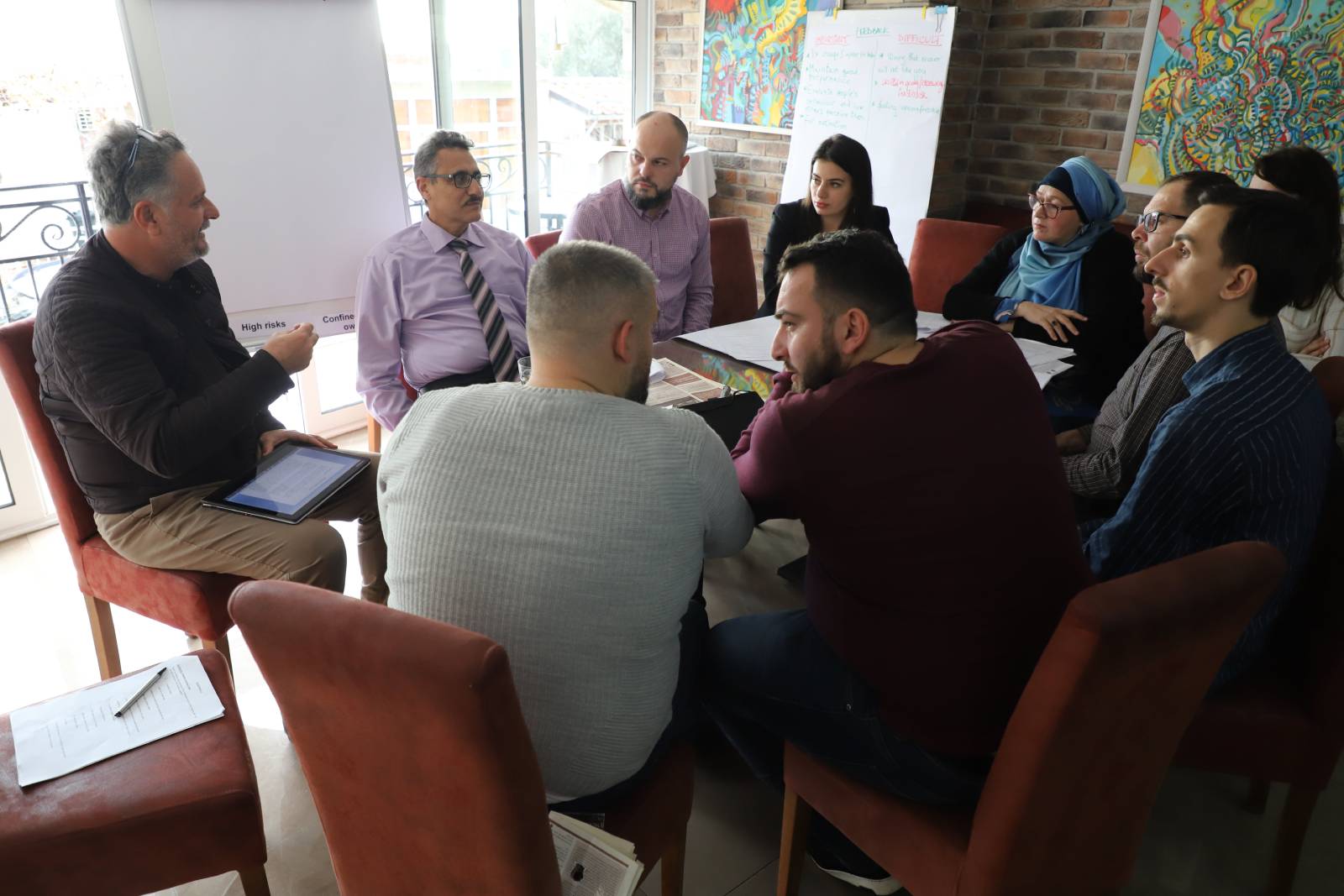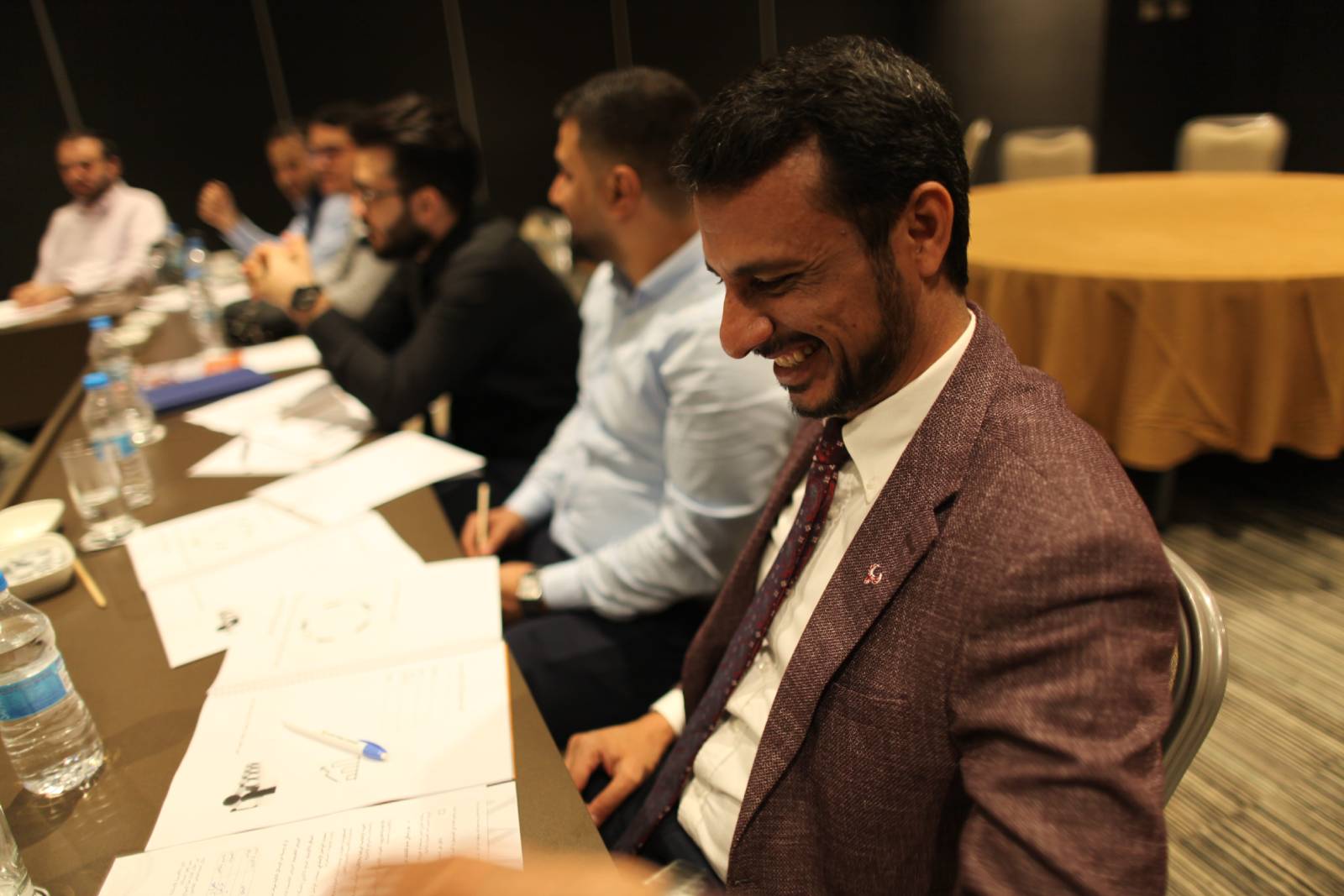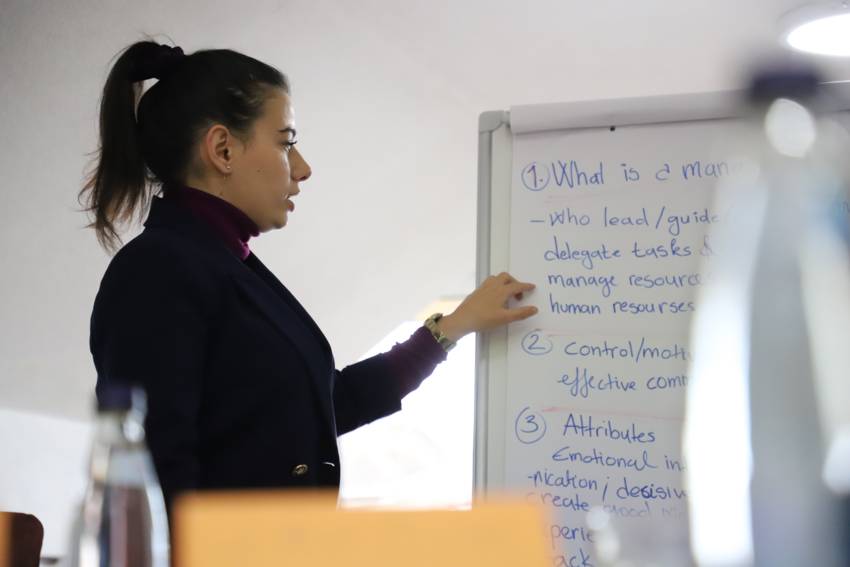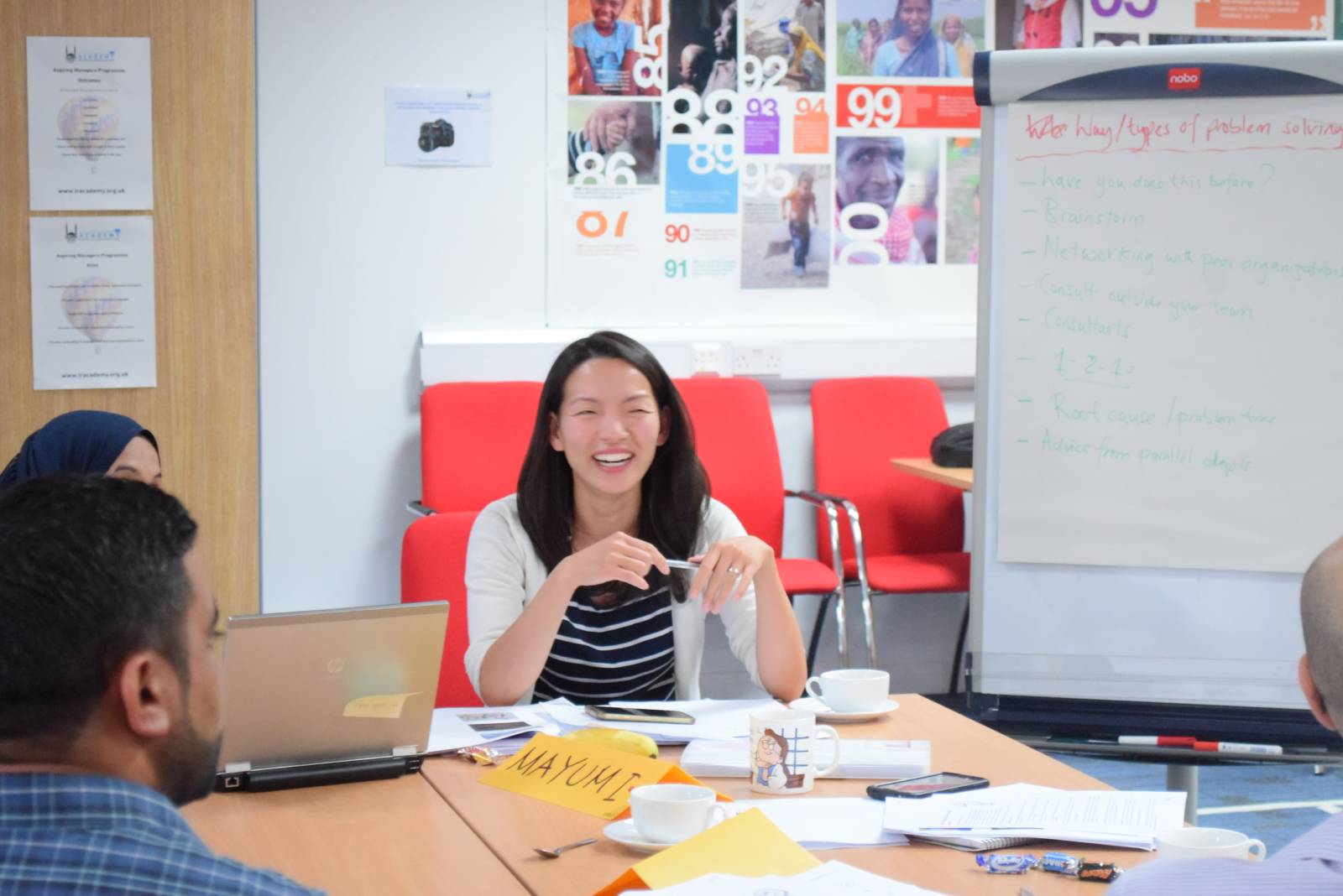About learning courses
A growing sector facing ever-changing challenges requires non-governmental organisations (NGOs), civil society organisations (CSOs), and humanitarian practitioners to be constantly learning and adapting to help those in need. HAD, as an award-winning training and capacity building humanitarian organisation and the learning division of Islamic Relief Worldwide (IRW), combines 35 years of practitioner expertise in learning and development with on-the-ground frontline experience in humanitarian settings across over 40 IRW field offices. This gives us an edge in the industry whilst allowing us to see first-hand how our training translate into action.
About learning courses
A growing sector facing ever-changing challenges requires non-governmental organisations (NGOs), civil society organisations (CSOs), and humanitarian practitioners to be constantly learning and adapting to help those in need. HAD, as an award-winning training and capacity building humanitarian organisation and the learning division of Islamic Relief Worldwide (IRW), combines 35 years of practitioner expertise in learning and development with on-the-ground frontline experience in humanitarian settings across over 40 IRW field offices. This gives us an edge in the industry whilst allowing us to see first-hand how our training translate into action.
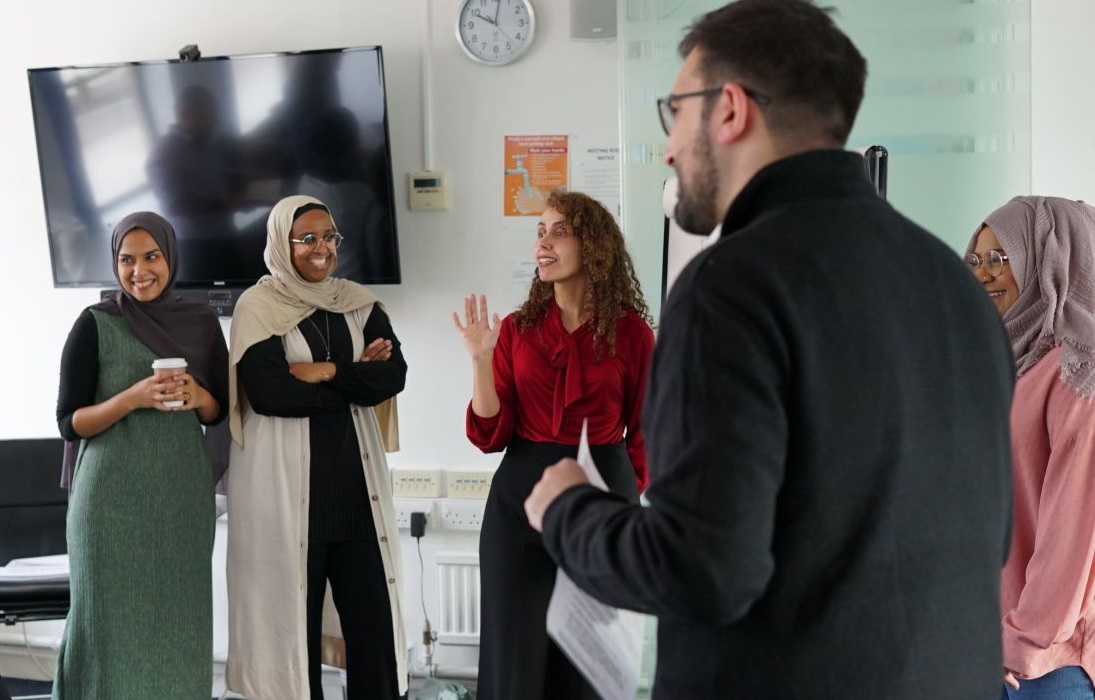
We understand the ever-changing challenges you face and the solutions you need to be at the forefront when helping others. From ‘Train the Trainer’ (TTT) to our ‘Leadership Development Programme’ (LDP), our training courses have been designed specifically for the needs of the NGO and charity sector. Be it at our training centre in Birmingham or via our new virtual space, we can support your team with a variety of courses, delivered in a way that suits the needs of your organisation its employees.

Where do we work?
Since our foundation in 2013, we have trained humanitarian practitioners from over 40 countries. With access to some of the world’s most hard-to-reach areas and equipped with faith-based understanding, we are able to train in humanitarian hot zones such as Sudan, South Sudan, Yemen, Afghanistan, Syria, and Iraq.
In response to the COVID-19 crisis, our Learning and Development team translated our courses into online programmes. This has enabled us to further extend the reach of our learning experiences and benefit more humanitarians.
Building the capacity of NGOs
Building the capacity of NGOs
Leadership and management
Leadership and management
Our courses help develop vital management and leadership skills in today’s humanitarian and development leaders to maximise the effectiveness of frontline organisations.
Organisational development
Organisational development
We equip organisations to navigate the humanitarian sector effectively and build their resilience through training on governance, strategic planning, financial sustainability and risk management.

Project management
Project management
We aim to ensure that all project managers know how to effectively plan, prepare, and execute projects through our Project DPro course so that rightsholders receive professional and dignified services.
Humanitarian skills
Humanitarian skills
We ensure that, alongside training in organisational development themes and personal skills, we offer up-to-date courses on humanitarian essentials such as the Core Humanitarian Standards and fundraising.

Training skills
Training skills
We cover essential training skills such as training delivery and presentation skills to equip participants with the tools to build the capacity and resilience of their organisations.

Human resources
Human resources
Our training on recruitment, HR, and mental health first aid (MHFA) equip managers and professionals to prioritise staff wellbeing, retain talent, and foster inclusive cultures that boost organisational effectiveness.
Personal effectiveness
Personal effectiveness
We help individuals enhance critical personal skills through coaching and mentoring, as well as by delivering training on time management, communication, and problem-solving, helping them to deliver aid to those in need more efficiently and effectively.


